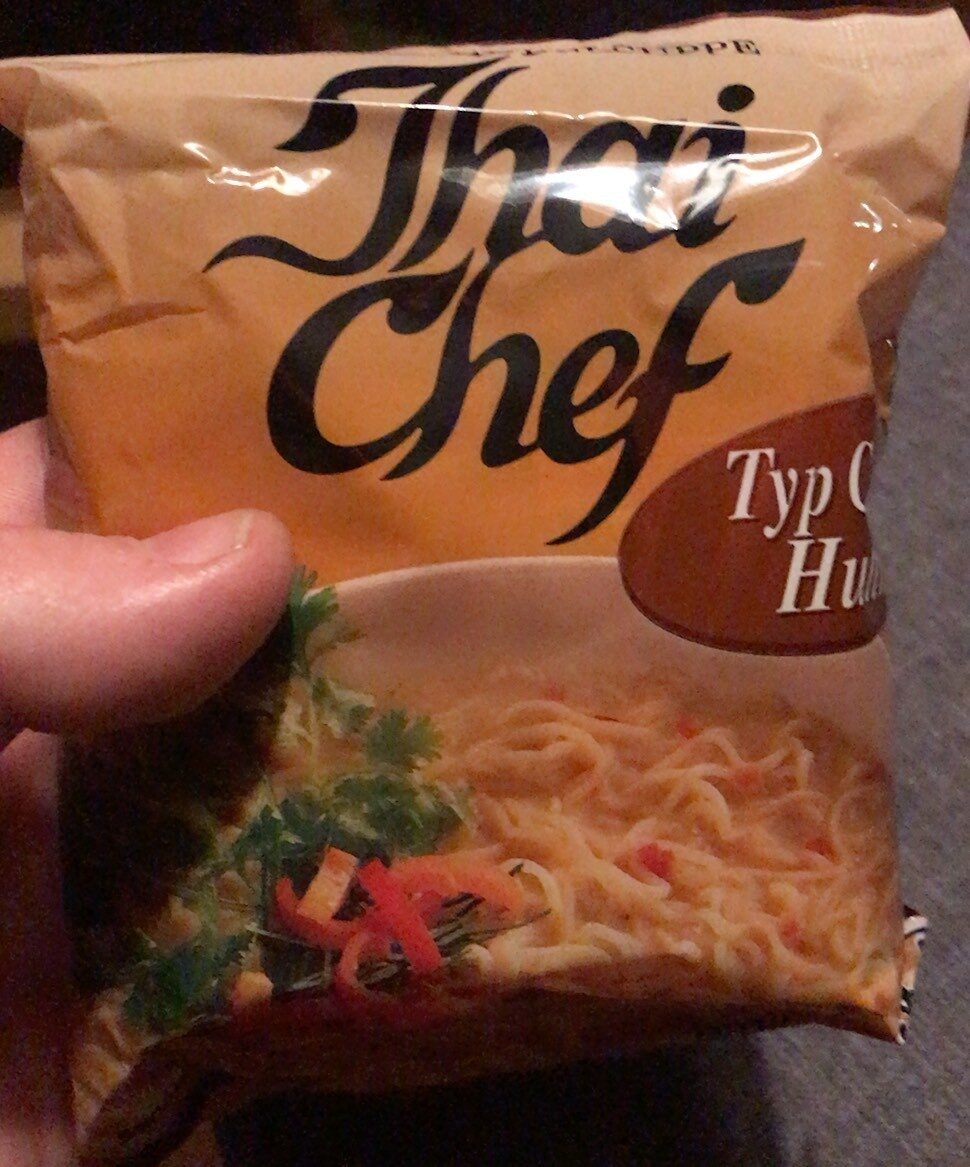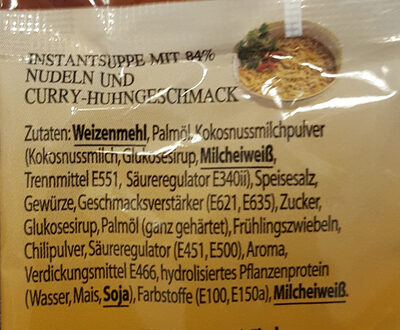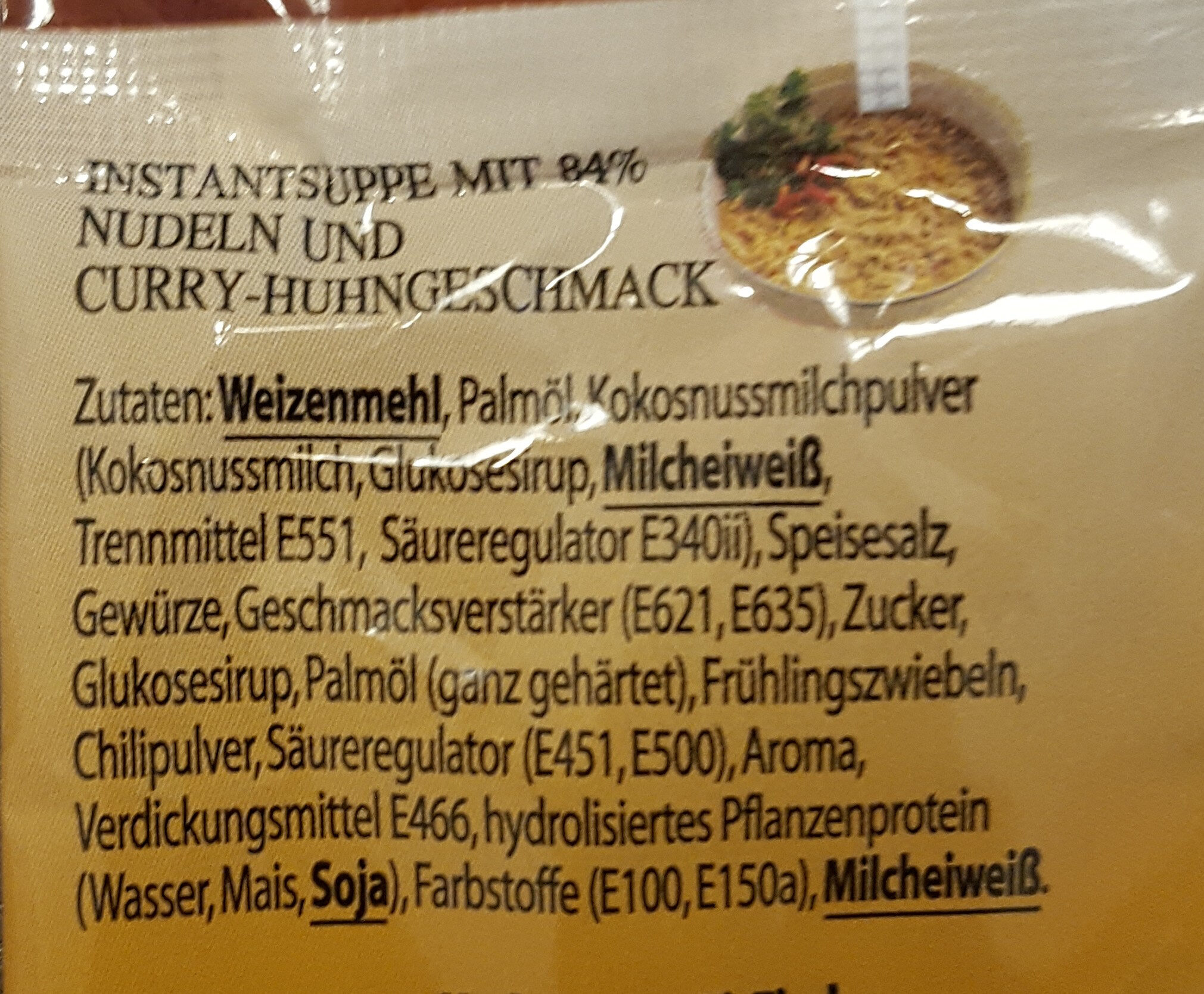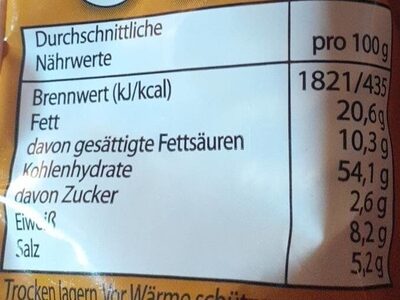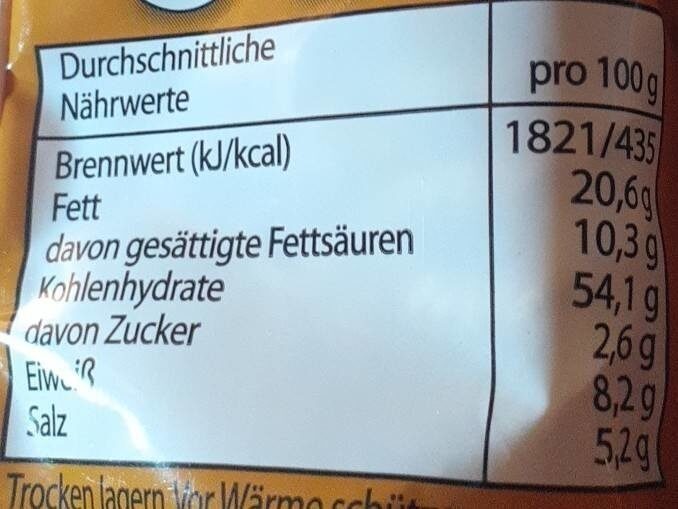Thaisuppe, Curry Huhn - Thai Chef - 64g
This product page is not complete. You can help to complete it by editing it and adding more data from the photos we have, or by taking more photos using the app for Android or iPhone/iPad. Thank you!
×
Barcode: 8852523206184 (EAN / EAN-13)
Quantity: 64g
Packaging: Film
Brands: Thai Chef
Categories: Plant-based foods and beverages, Plant-based foods, Meals, Dried products, Pastas, Dried products to be rehydrated, Noodles, Soups, Dried meals, Instant noodles, Dehydrated soups, Instant noodle soups, Dehydrated Asian-style soup with noodles
Labels, certifications, awards:
Sustainable, Sustainable Palm Oil, Roundtable on Sustainable Palm Oil
Manufacturing or processing places: Ungarn
Traceability code: 000470285-T0646
Link to the product page on the official site of the producer: https://www.mama.co.th/en/products-expor...
Stores: REWE
Countries where sold: Germany
Matching with your preferences
Environment
Carbon footprint
Packaging
Transportation
Report a problem
Data sources
Product added on by date-limite-app
Last edit of product page on by lenny5156.
Product page also edited by ecoscore-impact-estimator, fettsucht2019, gourmet, jolesh, kiliweb, openfoodfacts-contributors, packbot, prepperapp, rochus, tacite-mass-editor, yuka.sY2b0xO6T85zoF3NwEKvlhN2Q9OCrwjuaB7mwG225NmKIKPZS_xv09X3Iqg, yuka.sY2b0xO6T85zoF3NwEKvlhRafcaP8wOcNBPluxLS5_Dfd6LiaM4qvoWmGKo, yuka.sY2b0xO6T85zoF3NwEKvllFoWsjh-TDjKEDSlG6p3sWFKYTvee5j-KrXOas.

